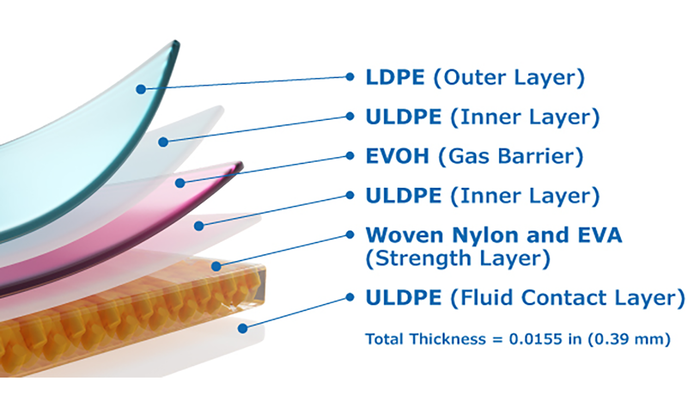CG render of T-cells in shallow depth of field
Chimeric antigen receptor (CAR) T cell therapies have been approved by the FDA and other global public health agencies to treat B cell leukemias and have seen great clinical success. Autologous CAR T cell manufacturing involves isolating T cells from a patient, activating these cells, introducing an engineered CAR construct, and expanding the cells to a scale appropriate for therapeutic dosing. Patient samples from multiple sources result in inconsistent clinical outcomes and overall product quality. To ensure patient safety and product quality, a number of quality control (QC) tests must be performed throughout the manufacturing process and for product release. These include confirming the identity, purity, potency, and safety of the final CAR T cell product. Therefore, it is critical to develop robust processes that can reduce variability through the seamless integration of systems and improve the repeatability of testing with high-quality reagents.
Here, we present workflow details and optimized methods for the generation and characterization of CAR T cell products. T cells were isolated from healthy donors, expanded ex vivo, and transduced with a second-generation (4-1BB and CD3ζ domains) anti-CD19 CAR lentivirus. Robust expression of the CAR construct was obtained consistently using a clinically relevant workflow. These CAR T cells were then extensively characterized using pertinent analytical assays. This integrated and optimized workflow will enable consistent CAR-T production for use in therapeutic and other applications.








